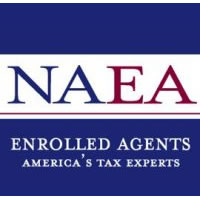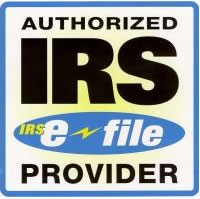‘Tis the season for giving!
Many clergy are very generous givers, and the IRS often target clergy for audit because of the high level of donations. The IRS requires that you be able to substantiate your donations. Be sure you can stand up to audit by following these guidelines:
Cash donation (< $250) For each single donation, keep one of the following: cancelled check, receipt from the charity, or some other written record
Non-Cash property (< $250) Keep a receipt from the charity showing the name of the charity, address/location, and description of the property donated
Cash or Non-Cash Property (> $250) Keep a written acknowledgement from the charity showing the amount of the cash donation, or a description of the non-cash property, and a confirmation that you did not provide goods or services in consideration of the contributed property. If goods or services were provided, include a description and good faith estimate of the value of the goods or service provided.
Non-Cash Property ($500 to $5,000) Same rules as above apply, AND you must keep the following records: date and manner of your acquisition of the property (or completion of property if you created it); adjusted basis of the property; copy of Form 8283, Non-Cash Charitable Contributions, that you filed with your tax return.
Non-Cash Property (> $5000) Add up all your non-cash contributions to all charities and see if the total exceeds $5,000. The same rules for non-cash property above apply AND you must get a qualified appraisal of all non-cash property donated. Complete the appraisal summary (Section B of IRS Form 8283) within 60 days of the contribution and before your filing deadline. The form must be signed by a qualified appraiser. Keep a copy of the appraisal and your tax return for your records.


